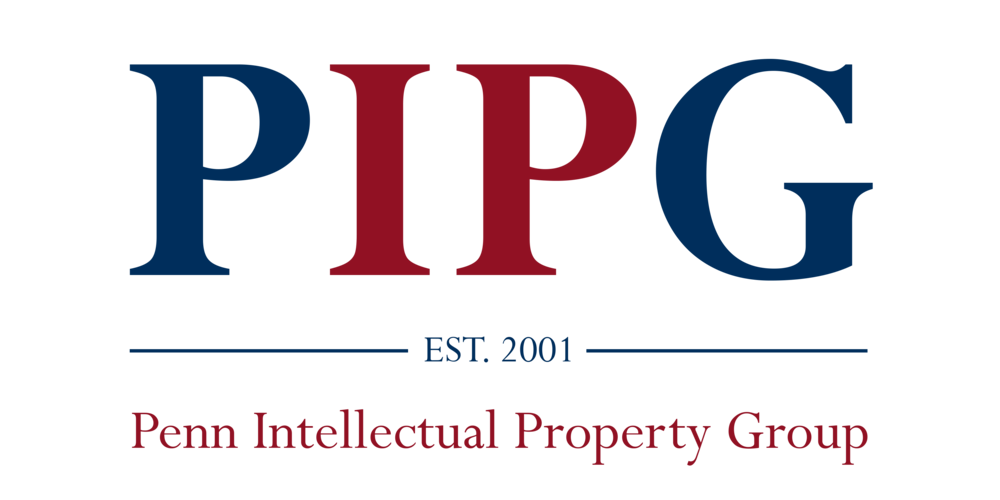By Erin Higgins, PhD, L’24
The United States relies on an vibrant innovation ecosystem to support the country’s productivity and economic prosperity. Innovation is not only important for maximizing the nation’s potential, but it also offers numerous benefits and rewards to innovators who can protect their IP and commercialize their; however, a 2018 study showed that there are many “lost Einsteins” among women, minorities, and individuals from low income families for whom access to the innovation ecosystem is limited. Recognizing that diversity is a crucial element for maintaining a thriving innovation ecosystem, the United States Patent and Trademark Office (USPTO) has implemented a number of programs in an effort to make the US patent system, which can be intimidating and may seem prohibitively complex to some, more accessible, especially to innovators belonging to underrepresented groups.
On March 24th, 2022 the USPTO, in collaboration with the PTAB Bar Association, announced the launch of the new Patent Trial and Appeal Board (PTAB) Pro Bono Program. Under the new program, the PTAB Bar Association will serve as a national clearing house, connecting volunteer patent practitioners with eligible inventors in need of legal assistance with ex parte appeals before the PTAB. The program will be expanded to include AIA trials at a later date. According to Drew Hirsfeld, performing the functions and duties of the Under Secretary of Commerce for Intellectual Property and Director of the USPTO, this program, developed in furtherance of the USPTO’s commitment to “level the playing field” amongst inventors and provide equitable access to all aspects of the innovation ecosystem, aims to eliminate the barrier of pricy legal fees for under-resourced inventors. The program builds off the success of the USPTO’s Patent Pro Bono Program (PPBP), launched in June 2011.
Much like the PTAB Pro Bono Program, PPBP consists of a network of independently operated academic and nonprofit organizations that match volunteer patent professionals with under-resourced inventors and small businesses for the purpose of securing patent protection. To date, PPBP, with a presence in all 50 states, has matched more than 3,400 inventors and small businesses with patent practitioners. These practitioners have donated more than 84,000 hours of legal services and the program has led to the filing of over 1,800 patent applications.
In 2021, regional patent pro bono programs conducted a voluntary survey to collect demographic data from PPBP applicants, in an effort to better understand trends in program use. Findings of the survey revealed a number of positive trends. According to survey results, 30% of respondents identified as African American or Black, 1.5% identified as Native American, 5.6% identified as either Asian, Pacific Islander, or Hawaiian Native. Additionally, 14% of respondents self-identified as Hispanic and 41% self- identified as female. To compare, a USPTO study found that in 2016 only 12.8% of all inventors named on U.S. patents were women.
The reasoning behind the gender and race disparities amongst U.S. inventors is complex, including financial factors, barriers to entry, STEM education, and early exposure to innovation; however, this promising data suggests that USPTO programs and services along with proposed legislative recommendations, aimed at expanding access to the U.S. patent system, may serve as one step toward addressing the effects of these imbalances.
